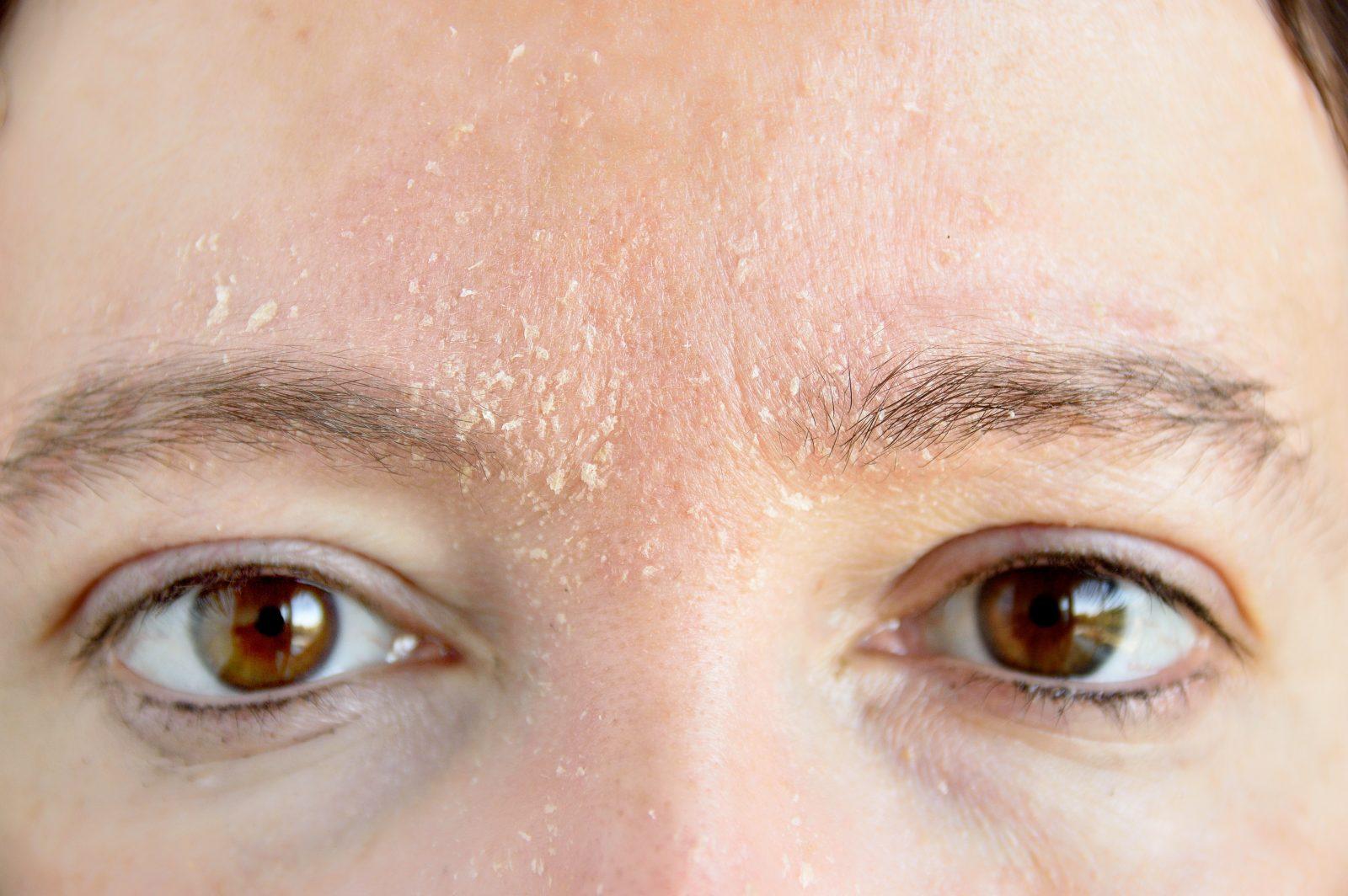Professional Skincare, Skincare
How Do I Know if My Skin is Dry or Dehydrated?
Everyone experiences skin dryness at some point in their lives. However, it’s essential to recognize the difference between dry and dehydrated skin, as both conditions require different approaches to skincare. In this comprehensive guide, we will explore the differences between dry and dehydrated skin, their causes, signs, and effective ways to treat and manage them.
Dry vs. Dehydrated Skin: Understanding the Difference
What is Dry Skin?
Dry skin is a skin type that is characterized by a lack of oil or sebum production. People with dry skin may experience flaking, cracking, sensitivity, or skin conditions like eczema. Genetics often determines this skin type, and it can affect other areas of the body, such as the hands, scalp, and legs. Moisturizers and lotions are readily absorbed by dry skin, providing temporary relief from discomfort.
What is Dehydrated Skin?
Dehydrated skin, on the other hand, is a skin condition resulting from a lack of water. Unlike dry skin, which is a predetermined skin type, dehydrated skin can affect anyone, regardless of their skin type. Dehydrated skin can be caused by various factors, such as makeup, diet, incorrect product use, and weather conditions. When the skin is dehydrated, it often compensates by producing more oil, leading to breakouts, irritation, and dry patches.
Causes of Dry Skin
Dry skin is primarily caused by genetics but can be aggravated by various internal and external factors. Some of these factors include:
- Extreme temperatures, both hot and cold, can exacerbate dryness.
- Harsh skincare products that strip the skin can remove too much oil, leading to dry skin.
- Medical conditions, lifestyle, hormones, and the natural aging process can also contribute to dryness.
To manage dry skin, it’s essential to minimize exposure to environmental influences like hot water and restore the skin’s surface lipids with moisturizers, emollients, and occlusives.
Causes of Dehydrated Skin
Dehydrated skin results from excessive water loss, which can be due to:
- A damaged skin barrier
- Lack of water in the diet
- Extreme weather conditions, particularly cold, arid climates
One of the most obvious signs of dehydration is a lack of elasticity in the skin, resulting in more visible fine lines, wrinkles, and a dull or sagging appearance.
Identifying Dry and Dehydrated Skin
Although the terms “dry” and “dehydrated” are often used interchangeably, it’s crucial to understand the differences to provide proper care for your skin. Some signs to help you identify whether you have dry or dehydrated skin include:
- Rough texture
- Itching or tightness
- Fine lines and wrinkles
- Dullness or sagging
- Scaling, peeling, or flaking.
It’s important to note that while dry skin is a specific skin type, dehydrated skin can affect anyone, even those with naturally oily skin.
Caring for Dry and Dehydrated Skin
To effectively manage dry and dehydrated skin, it’s essential to adopt healthy skincare habits and establish a proper skincare routine. Here are some expert-approved tips for addressing dryness and dehydration:
Tip #1: Nourish and Protect Your Skin Barrier
A damaged skin barrier can result in excessive water loss, dehydrated skin, increased sensitivity, and frequent irritation. Protect your skin barrier with antioxidant-rich treatments designed to strengthen and nourish the skin, like serums containing hyaluronic acid and adaptogenic herbs.
Tip #2: Don’t Skip Eye Cream
The skin around your eyes is thinner and drier than the rest of your facial skin, making it more susceptible to age-related concerns like wrinkles, fine lines, and dark circles. Using a moisturizing eye cream is vital to keep under-eye dryness at bay.
Tip #3: Choose Your Cleanser Carefully
Using the right cleanser can make a significant difference in how your skin looks and feels. Opt for non-stripping formulas containing gentle ingredients like squalane, vitamin E, and crushed apricot kernels to cleanse your face without over-drying the skin.
Tip #4: Address Signs of Dehydration with Anti-Aging Formulas
Dehydrated skin often shows signs associated with premature aging, such as fine lines and wrinkles. Anti-aging moisturizers can help minimize the appearance of these concerns for a more youthful look.
Factors Affecting Dehydrated Skin
Several factors contribute to skin dehydration, both internally and externally. These include:
- Harsh soaps, hot showers, and sun exposure
- Environmental factors like dry heat or cold air
- Over-exfoliating the skin
- Lack of sleep or inadequate water intake
Tips for Treating Dehydrated Skin
To treat dehydrated skin, first, identify and correct the factors causing dehydration. This may involve lifestyle or environmental changes, as well as the use of hydrating skincare products containing water-loving ingredients like hyaluronic acid. Keep a water-based, hydrating toner handy to hydrate your skin throughout the day.
Does Drinking Water Hydrate Skin?
While drinking water is essential for overall health, it may not be sufficient to hydrate the skin adequately. Skin is the last organ to receive nutrients from our consumption, making topical products a must for comfortably hydrated skin.
In Conclusion
Identifying whether your skin is dry or dehydrated is crucial for providing proper care and choosing the right skincare products. By understanding the differences between these conditions and following expert advice, you can achieve healthier, more radiant-looking skin.





